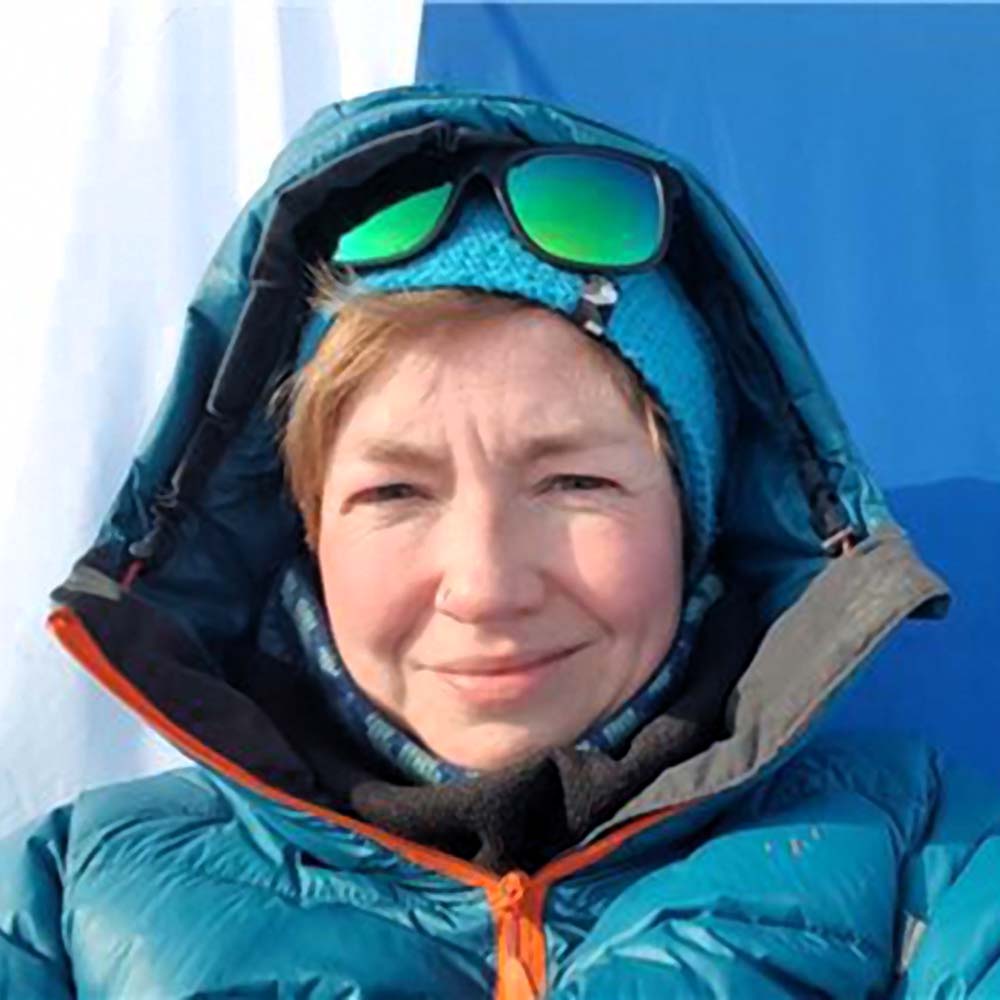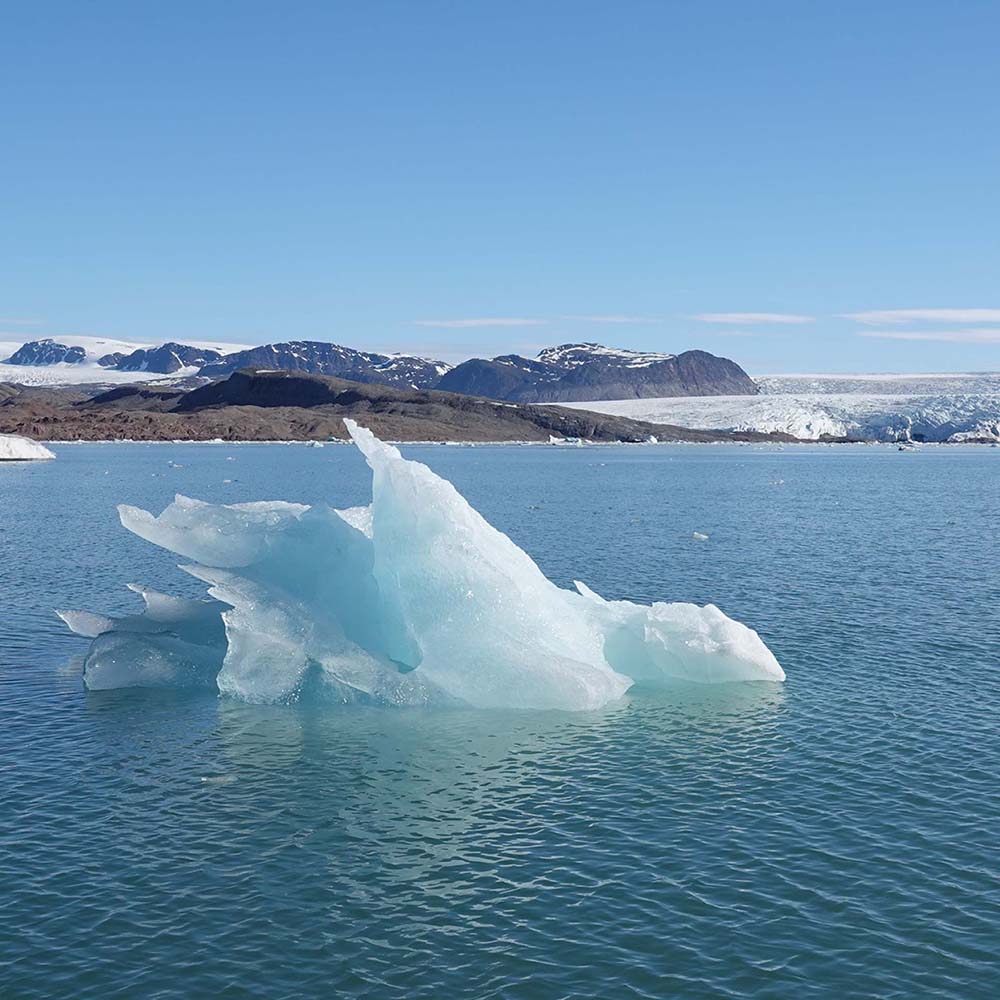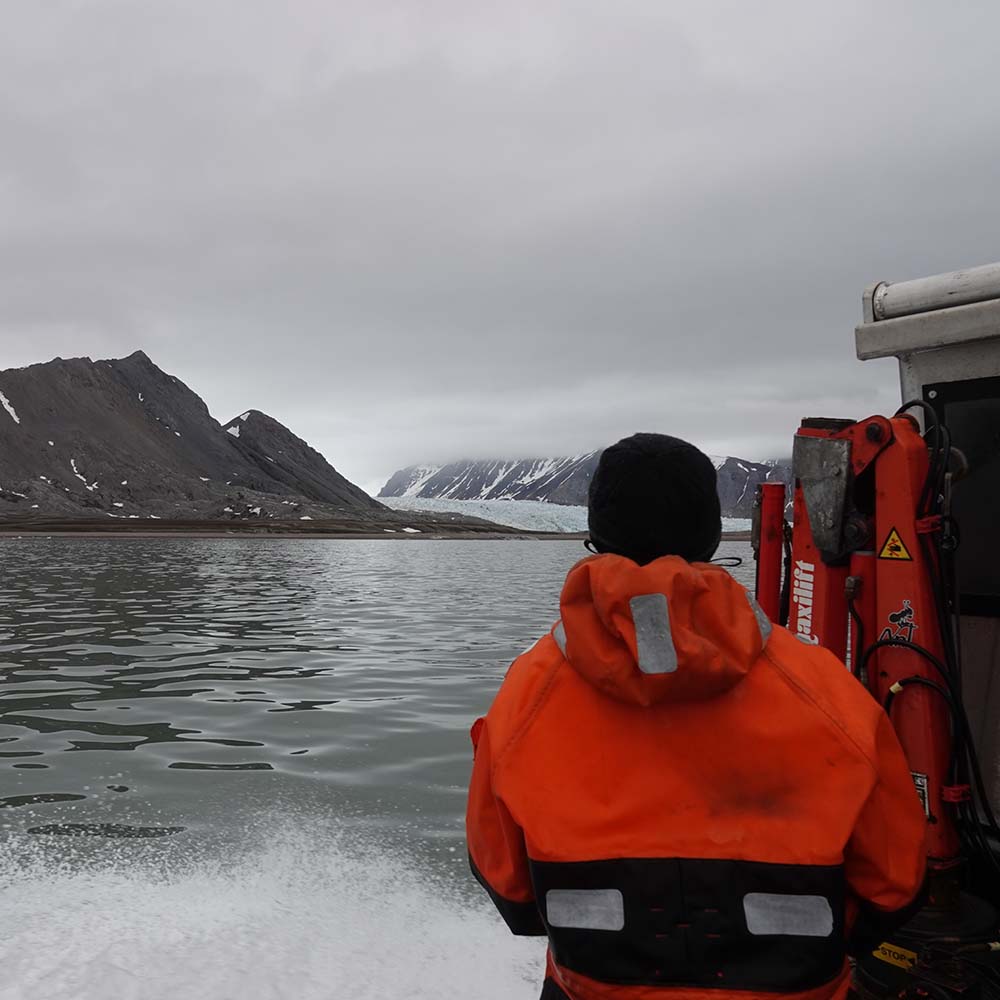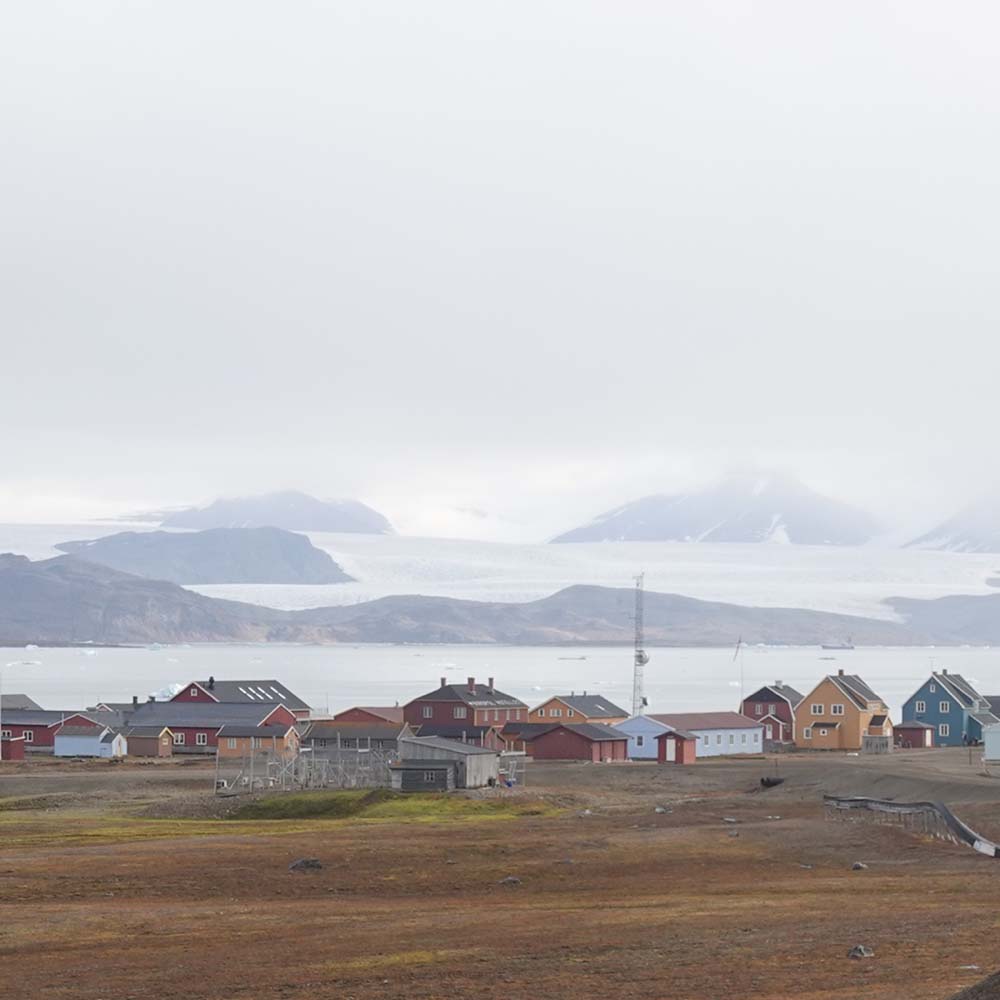With seasonal experiments with different organisms, we now want to gain new insights how the entire ecosystem reacts to the stressor of increased water temperature, with a special focus on the dark months.
When linked together with weekly measurements throughout the year, these research findings can help to assess the ecological consequences of climate change in the Arctic.
So far, there have been only few studies on the activity and wellbeing of Arctic organisms in the long and dark winter.

DR CLARA HOPPE, PROJECT LEADER
Biologist at Alfred Wegener Institute, Helmholtz Centre for Polar and Marine Research (AWI)

HOTSPOT ARCTIC
When it comes to climate change, the Arctic is considered a hotspot, a kind of early warning system for impending global changes.
The effects of climate change are intensified under the extreme conditions in the Arctic Ocean region. Ocean temperature has risen twice as fast as in other regions of the world. This matters because ocean warming is a stress factor for many organisms: The entire seasonal development of primary producers and animals is changing, possibly with serious ecological consequences.
OUR MISSION
YESSS brings together scientists from seven universities and research institutes.
Under the leadership of the Alfred Wegener Institute, Helmholtz Centre for Polar and Marine Research (AWI) in Bremerhaven, we want to investigate all aspects of warming in the Arctic during the dark season, particularly with respect to life cycles, activity and overwintering. Until now, little is known about this because our understanding of such ecological processes has mainly been based on studies carried out in spring and summer. YESSS is funded by the Federal Ministry of Research, Technology and Space (BMFTR) as part of the German government’s polar strategy.


OUR RESEARCH LOCATION
Svalbard is located far north the Arctic Circle.

JOIN OUR RESEARCH ADVENTURE
For one year, our four doctoral students Milan Beck, Sneha Sivaram, Max Willems and Lola Nader will work there for the YESSS research project, in groups of two, alternating every six weeks.
Don’t miss to follow us on Social Media